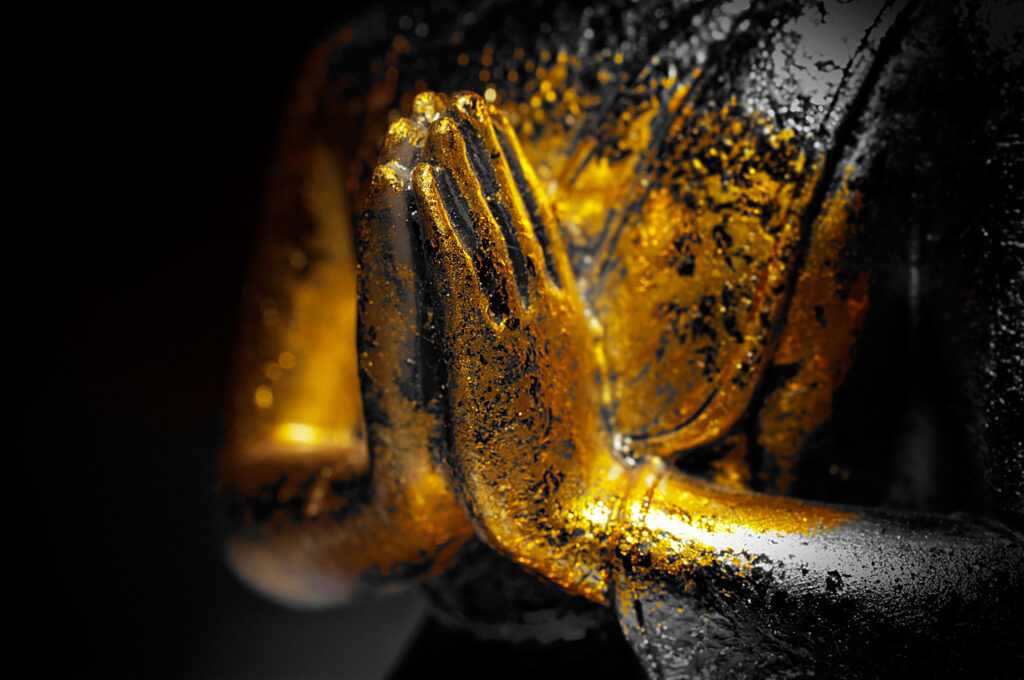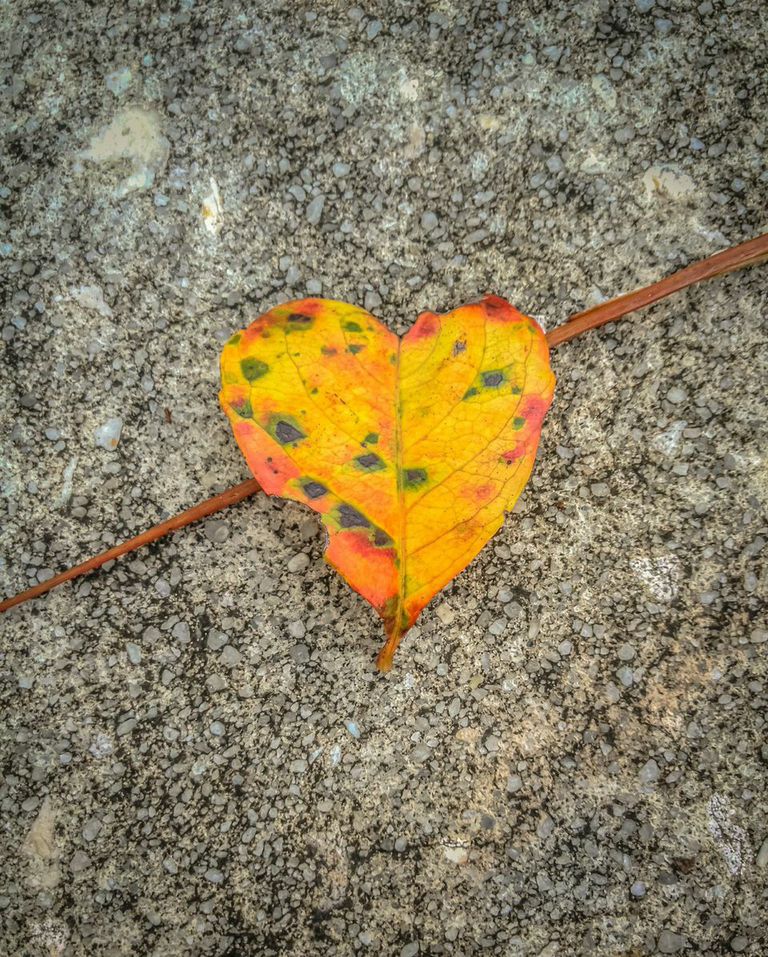Don’t be afraid of making mistakes. Step out. Fly. Even if you get burned, you can fall back to earth and start again. It is never too late to start over. Zen Master Dogen laughingly called life “one continuous mistake.” Yes, there is the fear of looking bad, but later when you review your life, will you wish you had held back? Probably not.
Sometimes, we limit our own freedom because we think it will overwhelm us. Or we think we don’t deserve it. Or we fear that our ego will lead us astray, that we’ll get too big for our britches and try to fly without restraint. We worry that if we act and express our true freedom, we will burn up or take a gigantic fall, like in the myth of Icarus. We constrain ourselves from being “too free.”
Relax. Everyone stumbles. It’s how all children learn to walk. In the ordinary rhythm of life, we falter and then learn from our falls and our suffering. Sometimes we might worry about our tendency to overreach, to dream up heady plans for ourselves, inflated visions of the future. Other times we might feel inadequate or unworthy. Acknowledge these fears kindly. But don’t follow their advice.
Modern life offers many possibilities and we worry about making a wrong choice. Listen to your heart, and consult your body and your head. Then, experiment, act, take a step, learn, discover, grow. Discover the ease of making mistakes, trusting, failing, learning anew, letting yourself be carried by something larger than yourself. When Rossini was composing his great chorus in G minor, he accidentally dipped his pen in a medicine bottle instead of the inkpot. “It made a blot, and when I dried it with sand [blotting paper had not yet been invented], it took the form of a natural, which instantly gave me the idea of the effect which the change from G Minor to G Major would make, and to this blot all the beautiful effect of the chorus is due.”
In this way you learn what is called the freedom of imperfection. With this freedom comes joy, playfulness, forgiveness and compassion for yourself and others. You can enjoy even the mistakes; they are part of the game. In this way you can become more gracious, forgiving, wise. Then you can act with your best intentions, all the while recognizing you cannot control the results.
“Not knowing for sure” is a famous Zen practice—it conveys the truth of our human incarnation. Not knowing and acting anyway, with a playful and caring heart, you cede control of the outcome and willingly cast your unique spirit into the mystery.





